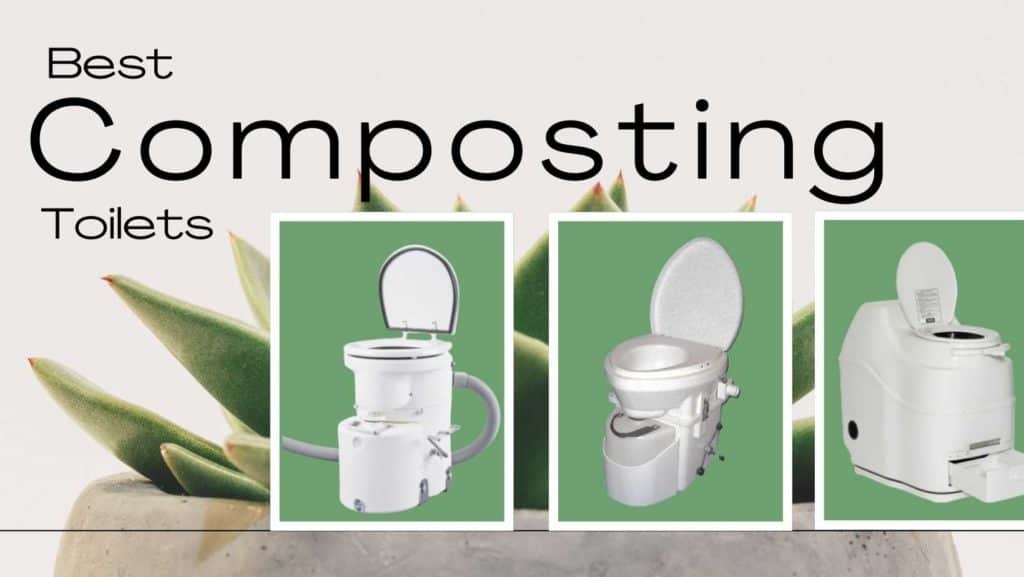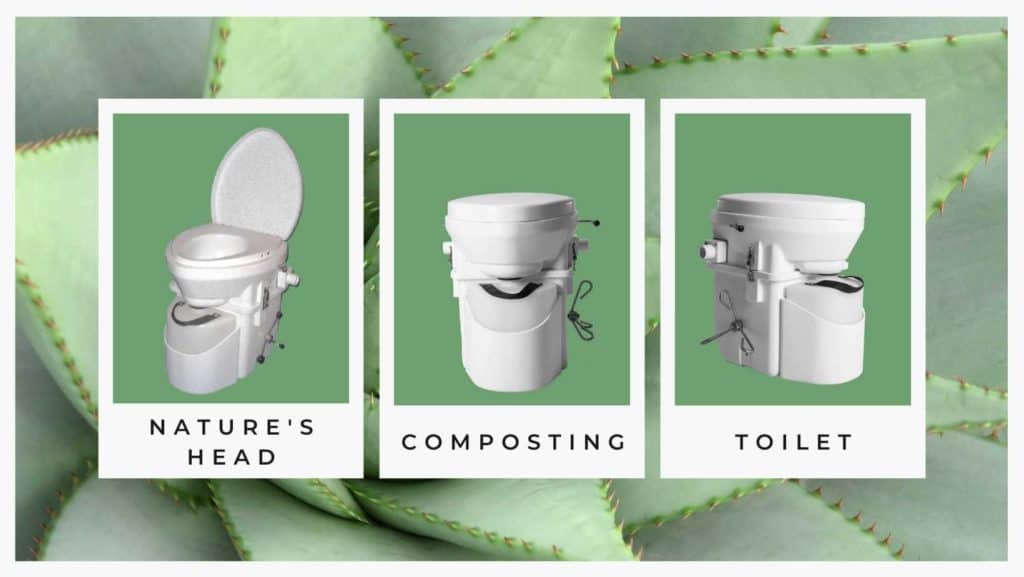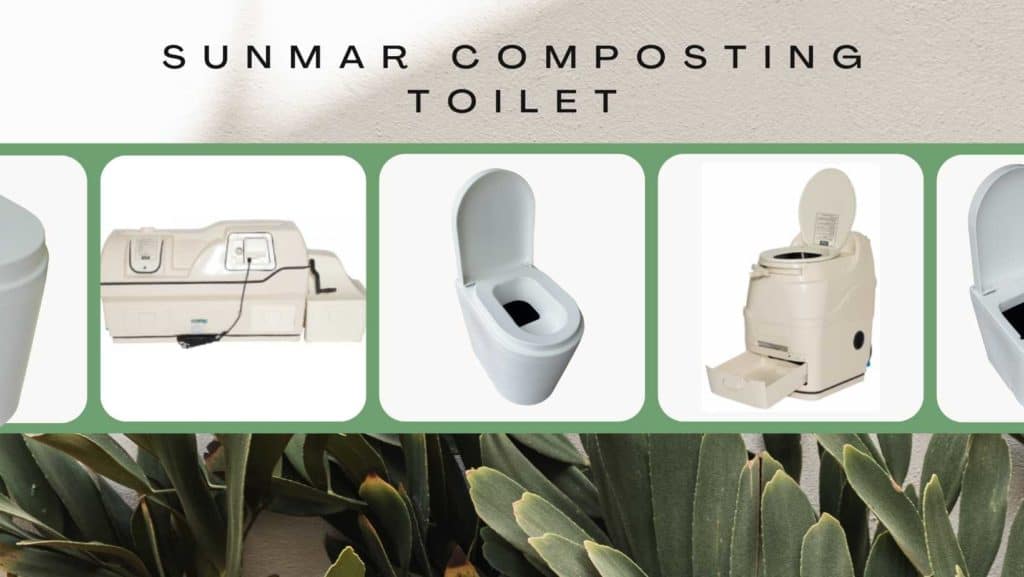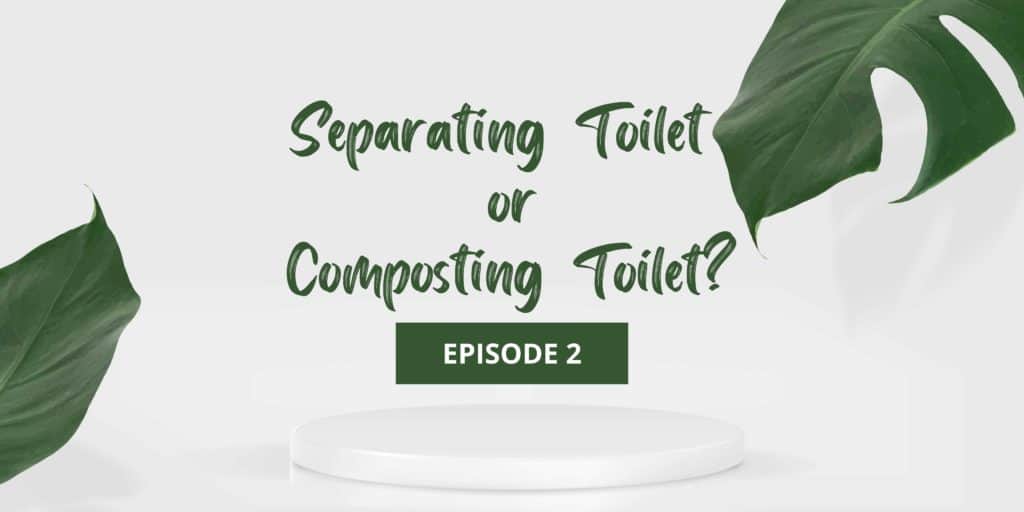We’re a few enthusiasts who have spent a great deal of time researching, reviewing and using composting toilets on a daily basis. It took us so long to research this topic before we made our purchase, that we thought we’d put our findings together into this website. We hope that it is a useful resource for you as you get started with your wonderful journey into life with a composting toilet!









